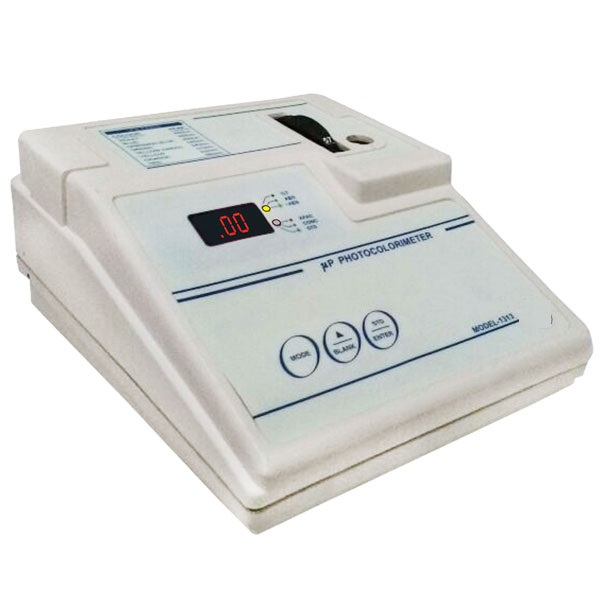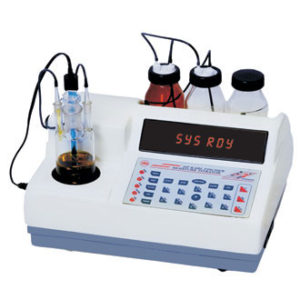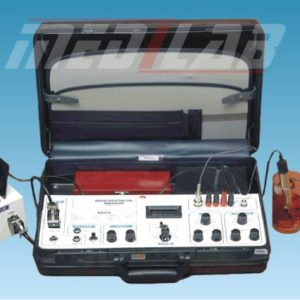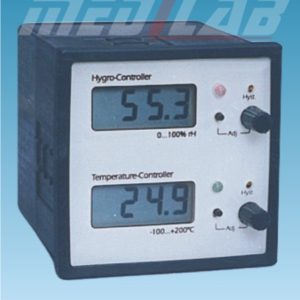Description
Photo Colorimeters
A Photo Colorimeter is a device used to measure the absorbance of specific wavelengths of light by a liquid sample. It is commonly used in laboratories for biochemical analysis, water quality testing, and industrial applications.
Working Principle:
- The colorimeter passes light of a specific wavelength through a sample.
- The light is absorbed by the sample, and the remaining light is detected by a photocell.
- The instrument then measures the absorbance or transmittance of the sample, indicating the concentration of a substance in solution.
Types of Photo Colorimeters:
- Analog Photo Colorimeters: Manual operation with analog dials.
- Digital Photo Colorimeters: Provides digital readings for higher accuracy.
- Microprocessor-based Photo Colorimeters: Offers precise, automated measurements with data storage capability.
Key Features:
- Wavelength Range: Typically from 400 nm to 700 nm.
- Light Source: LED or tungsten lamp for consistent illumination.
- Sample Holders: Accepts test tubes or cuvettes.
- Display: Analog dial or digital screen for readings.
- User-friendly Interface: Simple calibration and measurement process.







